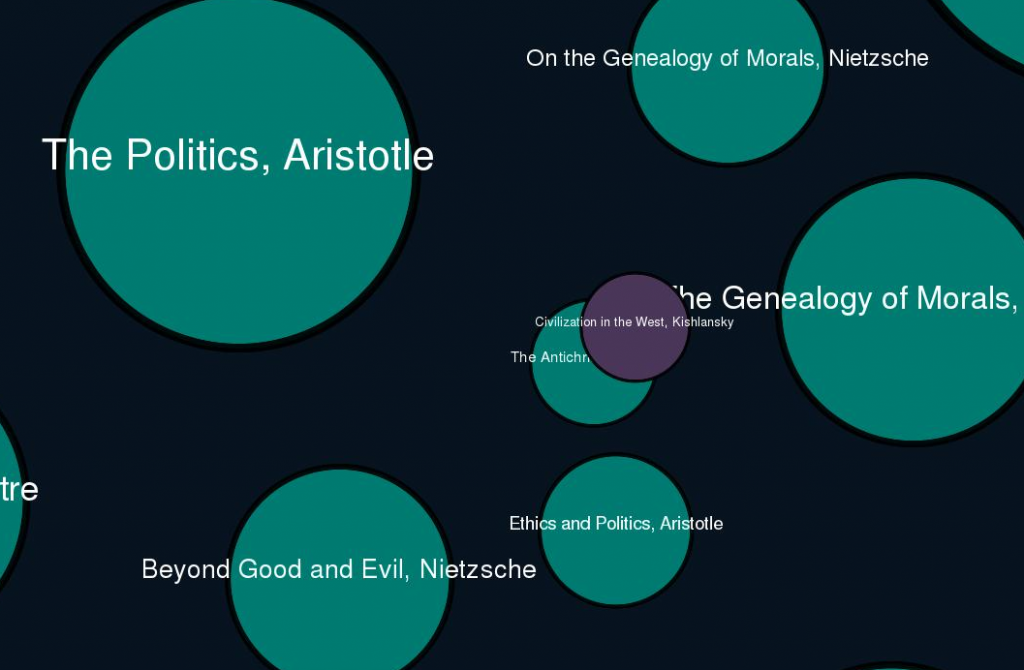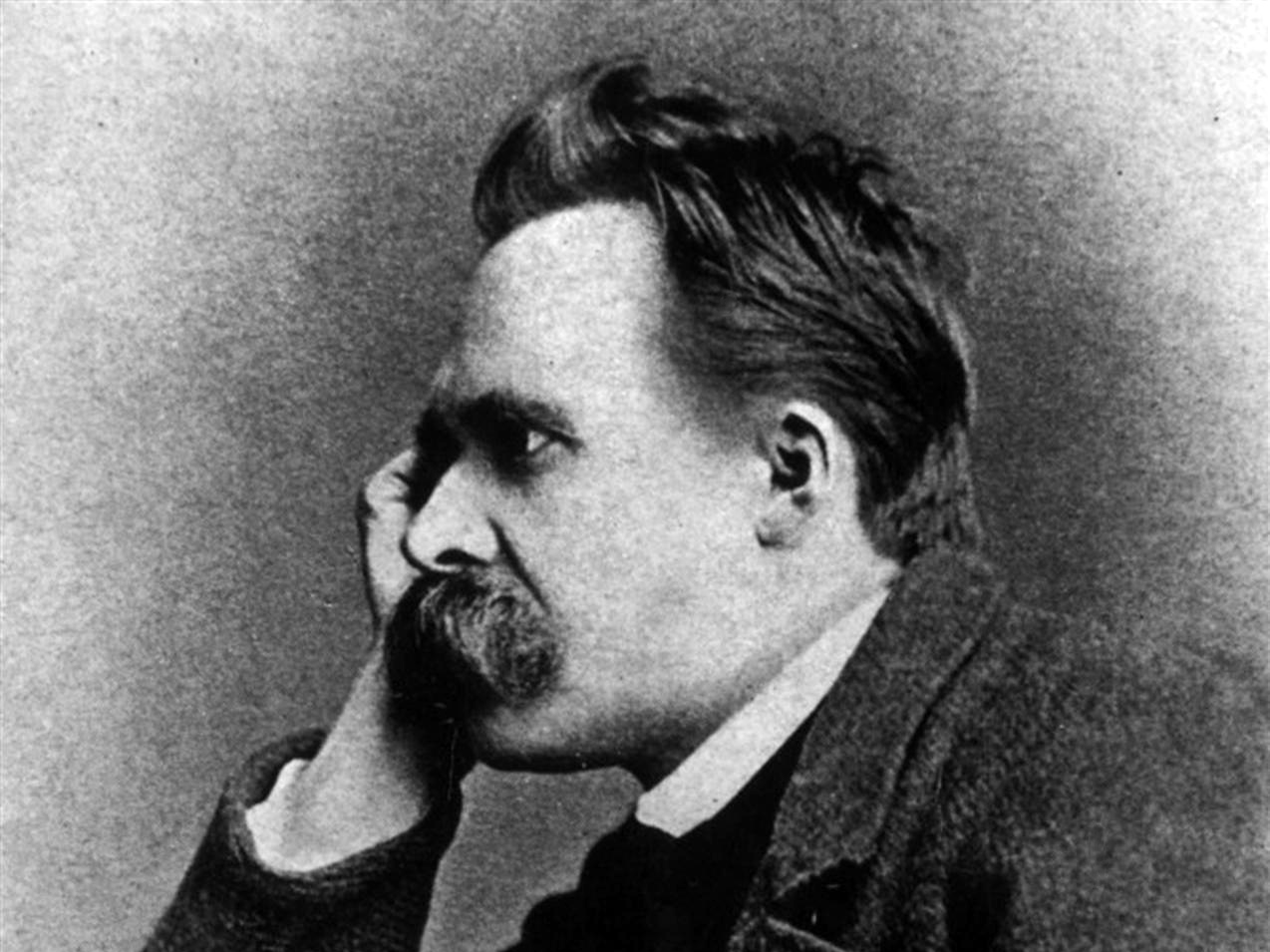When MOOCs (Massive Open Online Courses) first started making headlines in 2012, we read stories about thousands of people enrolling in courses on Artificial Intelligence and Computer Science. Since then, the MOOC providers have doubled down on promoting technical and utilitarian courses–courses that will get students jobs, and eventually make the MOOC providers money. Peruse this list of the 50 most popular MOOCs of all time, and you’ll seen plenty of market-oriented courses topping the list–e.g., #4) Introduction to Finance #3) R Programming, and #2) Machine Learning. But what’s the most popular course? Something not entirely career-focused. Something not immediately monetizable. Something that can benefit us all. Ladies and gentlemen, the #1 course, Learning How to Learn: Powerful mental tools to help you master tough subjects.
Created by Barbara Oakley (University of Oakland) and Terry Sejnowski (the Salk Institute), Learning How to Learn uses neuroscience to fine-tune our ability to learn. And the course is being offered again, starting today, through Coursera. You can enroll here (the course is free) and read what ground the course will cover below.
This course gives you easy access to the invaluable learning techniques used by experts in art, music, literature, math, science, sports, and many other disciplines. We’ll learn about the how the brain uses two very different learning modes and how it encapsulates (“chunks”) information. We’ll also cover illusions of learning, memory techniques, dealing with procrastination, and best practices shown by research to be most effective in helping you master tough subjects. Using these approaches, no matter what your skill levels in topics you would like to master, you can change your thinking and change your life. If you’re already an expert, this peep under the mental hood will give you ideas for: turbocharging successful learning, including counter-intuitive test-taking tips and insights that will help you make the best use of your time on homework and problem sets. If you’re struggling, you’ll see a structured treasure trove of practical techniques that walk you through what you need to do to get on track. If you’ve ever wanted to become better at anything, this course will help serve as your guide.
This course gives you easy access to the invaluable learning techniques used by experts in art, music, literature, math, science, sports, and many other disciplines. We’ll learn about the how the brain uses two very different learning modes and how it encapsulates (“chunks”) information. We’ll also cover illusions of learning, memory techniques, dealing with procrastination, and best practices shown by research to be most effective in helping you master tough subjects. Using these approaches, no matter what your skill levels in topics you would like to master, you can change your thinking and change your life. If you’re already an expert, this peep under the mental hood will give you ideas for: turbocharging successful learning, including counter-intuitive test-taking tips and insights that will help you make the best use of your time on homework and problem sets. If you’re struggling, you’ll see a structured treasure trove of practical techniques that walk you through what you need to do to get on track. If you’ve ever wanted to become better at anything, this course will help serve as your guide.
To find reviews of Learning How to Learn, visit Class Central. To keep tabs on new MOOCs, see our list of MOOCs from Great Universities.
If you would like to sign up for Open Culture’s free email newsletter, please find it here. It’s a great way to see our new posts, all bundled in one email, each day.
If you would like to support the mission of Open Culture, consider making a donation to our site. It’s hard to rely 100% on ads, and your contributions will help us continue providing the best free cultural and educational materials to learners everywhere. You can contribute through PayPal, Patreon, and Venmo (@openculture). Thanks!




